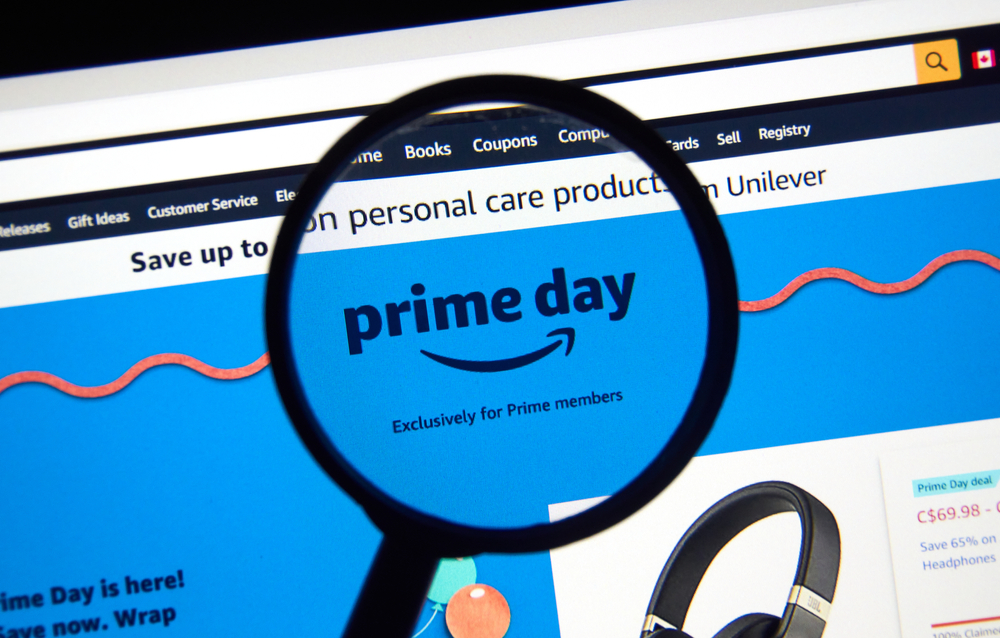The nation’s capital has launched legal action against Amazon, challenging the e-commerce leader’s delivery practices in several Black Washington neighborhoods. The lawsuit alleges the company quietly restricted its premium delivery service for Prime members in specific ZIP codes, raising questions about equitable access to modern conveniences.
The heart of the matter
District officials claim Amazon implemented delivery restrictions in 2022 affecting the 20019 and 20020 ZIP codes. Rather than utilizing its standard delivery network, the company allegedly shifted to third-party services in these areas, resulting in significant delays for local residents.
The lawsuit contends that Amazon failed to inform customers about these changes or disclose service limitations when they purchased Prime memberships, which prominently advertise rapid delivery as a key benefit.
Breaking down the numbers
The impact on service quality has been substantial. In 2023, only 24 percent of packages reached their destinations within the promised two-day window, marking a dramatic decline from 72 percent in 2021. Nearly 50,000 Prime members in the affected areas have experienced these extended delivery times, while other parts of the city maintained faster service levels.
Beyond the surface
While Amazon cites driver safety concerns as the motivation behind these changes, district officials argue this justification doesn’t address the lack of transparency with customers. The situation has sparked broader discussions about corporate responsibility and equal access to modern services in Black communities — in this case, the communities located in cities.
The case highlights a growing tension between technological advancement and equitable service distribution. As digital commerce becomes increasingly essential to daily life, ensuring fair access to these services takes on greater significance.
Looking ahead
The outcome of this lawsuit could set important precedents for how digital retail giants operate in urban areas. It raises critical questions about transparency in service delivery and the responsibilities companies have to maintain consistent service standards across all communities.
As e-commerce continues to reshape how people shop and receive goods, the resolution of this case could influence future policies on service distribution and corporate accountability in the digital age.
The lawsuit serves as a reminder that as society becomes more dependent on digital services, ensuring equitable access becomes not just a legal consideration, but a fundamental aspect of modern urban life.

















